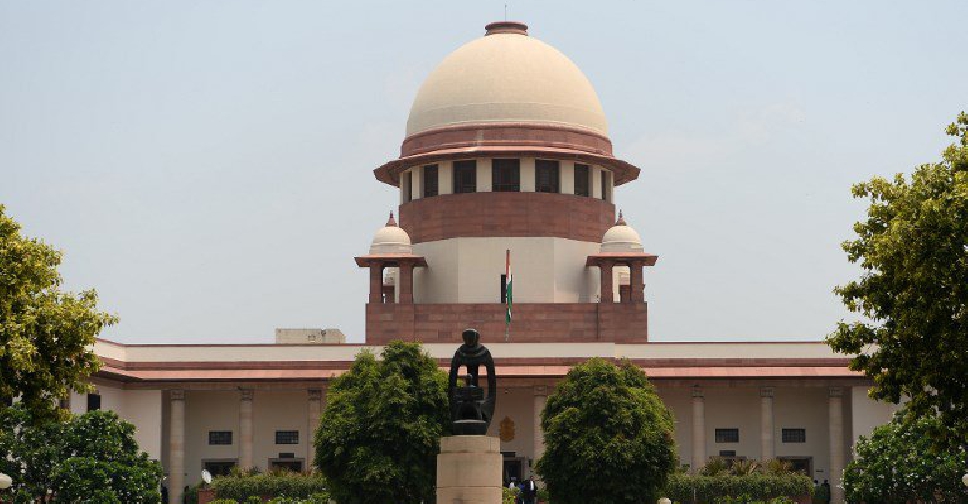
India's Supreme Court upheld on Monday a 2019 decision by the government of Prime Minister Narendra Modi to revoke special status for the state of Jammu and Kashmir and set a deadline of September 30 next year for state polls to be held.
Jammu and Kashmir has been at the heart of more than 75 years of conflict with neighbouring Pakistan since the two nations attained independence in 1947 from Britain's colonial rule.
The unanimous order by a panel of five judges came in response to more than a dozen petitions challenging the revocation and a subsequent decision to split the region into two federally administered territories.
It sets the stage for elections in the region, which was more closely integrated with India after the government's contentious move, taken in line with a key longstanding promise of Modi's Bharatiya Janata Party (BJP).
The decision is a shot in the arm for the government ahead of general elections due by May.
The challengers maintained that only the constituent assembly of Jammu and Kashmir could decide on the special status of the scenic mountain region, and contested whether parliament had the power to revoke it.
The court said special status was a temporary constitutional provision that could be revoked by parliament. It also ordered that the federal territory should return to being a state at the earliest opportunity.
The territory is divided among India, which rules the populous Kashmir Valley and the region of Jammu, Pakistan, which controls a wedge of territory in the west, and China, which holds a thinly populated high-altitude area in the north.

 UK inquiry finds 'chilling' cover-up of infected blood scandal
UK inquiry finds 'chilling' cover-up of infected blood scandal
 Iranian President Raisi killed in helicopter accident, state media says
Iranian President Raisi killed in helicopter accident, state media says
 ICC prosecutor seeks arrest warrants for Israeli, Hamas leaders
ICC prosecutor seeks arrest warrants for Israeli, Hamas leaders
 Assange given permission to appeal against US extradition
Assange given permission to appeal against US extradition
 Israel intends to broaden Rafah sweep, Defence Minister tells US
Israel intends to broaden Rafah sweep, Defence Minister tells US




